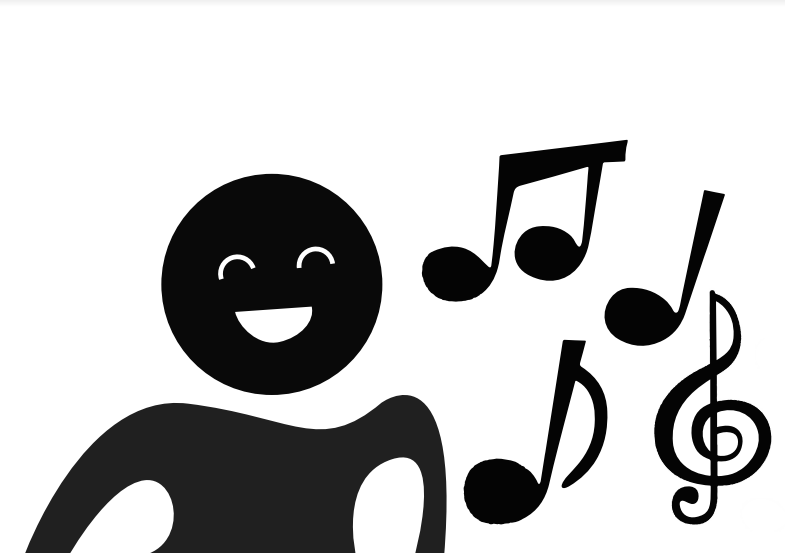Music is often thought of as a form of expression and a way to connect with others. However, music can also be a form of therapy for people.
“It’s the clinical use of music with a focus on evidence based practice . . . to enhance people’s quality of life,” said Dr. Joe Prus, chair of the psychology department.
Music therapy has been around since the late 1700s and is used to help patients with certain disabilities find comfort when faced with a difficult circumstance.
“It’s especially used with individuals with special needs . . . with mental health or psychiatric kinds of issues . . . with rehabilitation needs,” Prus said. “For example, elderly people that have suffered a stroke or somebody who suffered traumatic brain injury in a rehabilitation hospital [might go through music therapy].”
There are two different forms of music therapy that psychologists and licensed music therapists use for certain types of patients.
“There’s one that’s referred to as expressive music therapy. This is when people actually make music they sing or make music using an instrument,” Prus said. “Then there’s receptive therapy which is more passive and could be involved with listening to music that is designed for a particular purpose.”
Receptive music therapy is used with patients suffering from neurological disorders.
“It might be used with older people with dementia . . . listening to familiar songs from their adolescence helps connect them with past memories and typically it’s the same thing with stroke victims,” Prus said. “People who have suffered with any type of neurological impairment [might also be treated with music therapy] to help soothe or calm them.”
Expressive music therapy is used for patients typically with expressive aphasia or stroke that have lost their ability to produce language or otherwise express themselves.
“[Music therapy] would be used to enhance the person’s coordination if they are playing an instrument . . . It may help bring a sense of rhythm or coordination or the ability to express one’s self,” Prus said. “If [patients] had a stroke or have expressive aphasia, it may affect their ability to express themselves . . . They can express themselves musically because there’s a different part of the brain that controls expression in music versus expression in speech.”
While Prus was working with a community center, he noticed the great results of using passive music therapy for psychiatric patients.
“[When I worked in a community center] that had special needs patients . . . whose behavior would be rambunctious, I convinced staff to play calming music in the background . . . and true enough the number of inappropriate behaviors went down,” Prus said.
Although the effects of music therapy have been promising, the results and effectiveness are still being studied today.
“There’s still places where research going on in terms of the effectiveness of music therapy. There’s still some debate for some aspects of it clinical effectiveness,” Prus said. “For example . . . the effectiveness of music in individuals with schizophrenia and it appeared to be in terms of outcomes with mixed results.”
For more information about research in music therapy visit the American Music Therapy Association online at https://www.musictherapy.org/research/.
Graphic: Lizzie Talbert/ The Johnsonian




